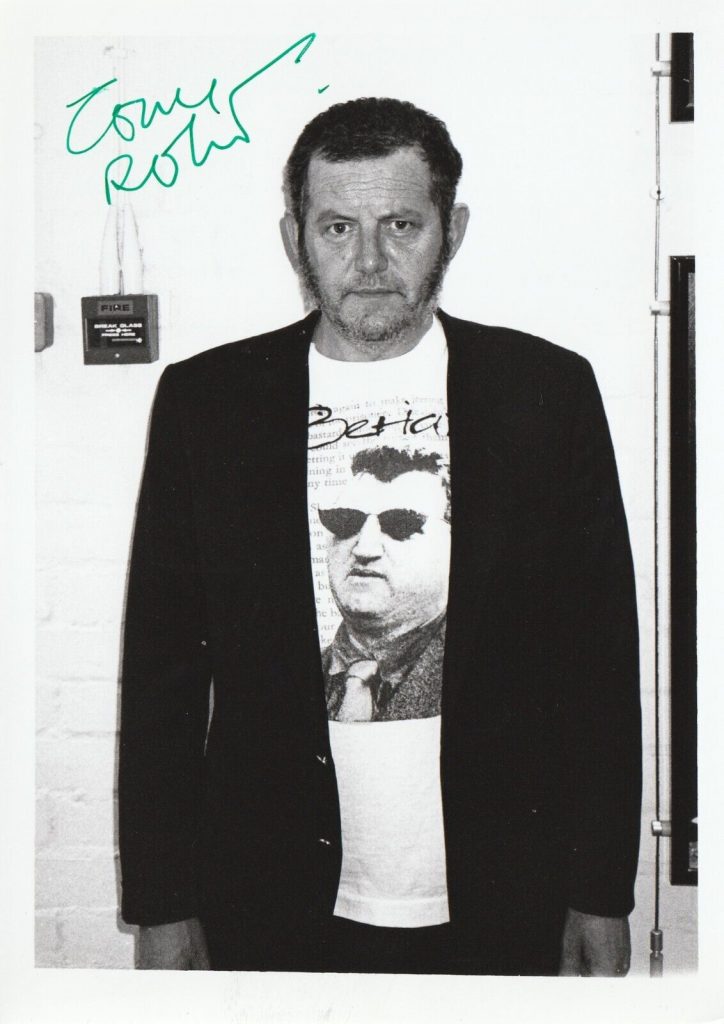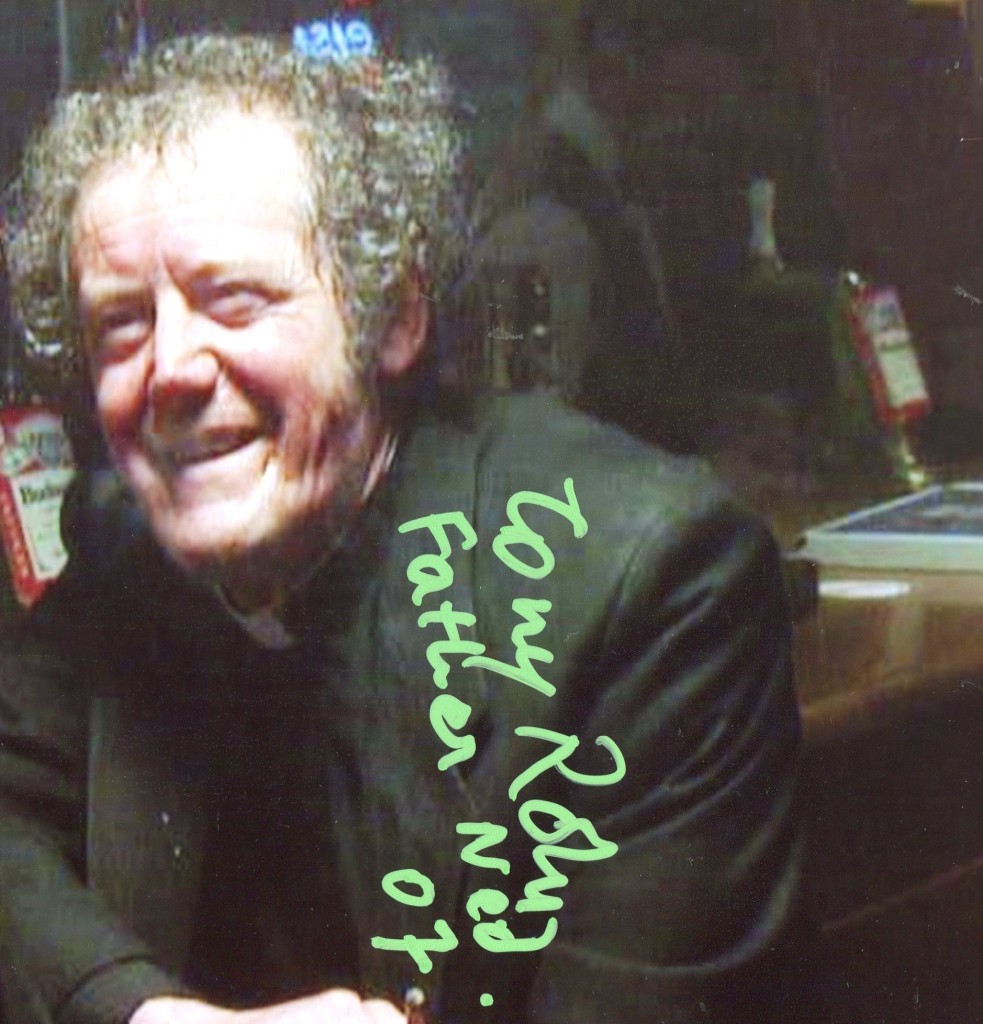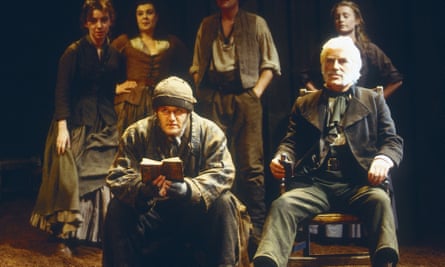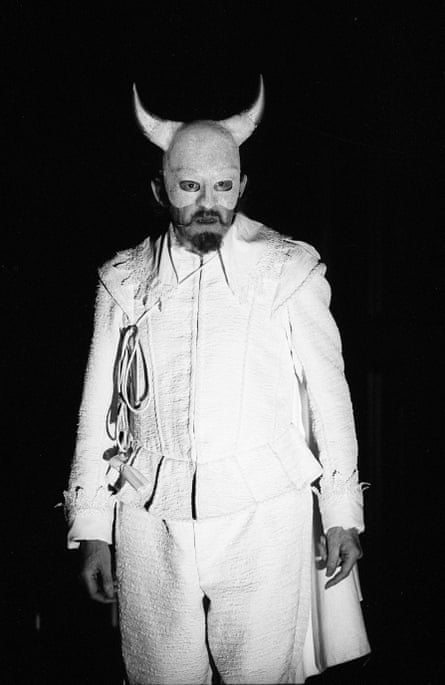

Tony Rohr is an actor, known for Les Misérables (2012), Leap Year (2010) and High Spirits(1988). Made his television debut in “Adam Adamant Lives” in 1966.
The Guardian obituary in 2023:
Tony Rohr obituary
Actor known for screen roles in The Long Good Friday and Harry’s Game, and as a stalwart of the Joint Stock Theatre Group
Anthony HaywardFri 17 Nov 2023 15.45 CET
The character actor Tony Rohr, who has died of prostate cancer aged 84, was frequently cast as villains on screen. In the lauded 1980 British gangster film The Long Good Friday, he played O’Flaherty, one of the IRA members on London’s streets posing a threat to an underworld property developer, Harold Shand, played by Bob Hoskins.
Rohr appeared in only one scene of the writer Barrie Keeffe’s thriller, but it was particularly memorable for its brutality. The besuited O’Flaherty and his boss believe they are being bought off with £60,000 in a briefcase by the East End crime overlord, but end up being blasted by a double-barrel shotgun, their bodies crashing through plate-glass windows.
Two years later, in the taut, three-part TV thriller Harry’s Game, based on Gerald Seymour’s novel, Rohr was a cool, calm IRA brigade commander behind the murder of a British cabinet minister. When the assassin (played by another Long Good Friday actor, Derek Thompson) returns to Belfast, he tasks him with getting rid of an undercover English agent (Harry, played by Ray Lonnen) sent to track him down.
He had a rare starring part in Bill Morrison’s 1982 BBC play Potatohead Blues as Stan McVay, who discovers that his frozen-chip business is collapsing and his teenage daughter is having an affair with a married man.

Although Rohr was able to demonstrate his versatility on television, he displayed his acting skills most effectively on stage.
As a founding member of the touring Joint Stock Theatre Group in 1974, he showed himself to be adept at interacting with an audience in its first production, The Speakers, based on Heathcote Williams’s book about orators at Speakers’ Corner in Hyde Park. The New York Times declared the “most riveting” to be Rohr’s portrayal of MacGuinness, an Irish “buffoon” talking about his life and inventing “outrageous tales about his sexual adventures”.
The company was part of the counterculture theatre revolution, developing plays through its actors in workshops initially led by the directors Max Stafford-Clark and Bill Gaskill, alongside writers such as David Hare and Howard Brenton. Stafford-Clark said he had spotted Rohr’s “eccentric, individual” qualities when seeing him play Lucky in the Samuel Beckett classic Waiting for Godot at the 1969 Edinburgh festival fringe. He was particularly impressed by the way the actor “played the nonsense as wisdom and the wisdom as nonsense” in the character’s keynote 700-word-plus monologue.
Rohr frequently returned to Beckett’s plays and was a founder member of the Godot Company, a theatre cooperative formed in 2004 to take the writer’s works to a wider audience. Its notable touring productions included Waiting for Godot in 2006, with Rohr this time playing Estragon, one of the two vagrants – his chatting with Vladimir (William Hoyland) sounding “as melodious as a symphony”, according to the Stage – and Endgame, which Rohr directed in 2009. Over the years, Beckett sometimes requested that he play certain roles.
Rohr was born in Carrick-on-Suir, County Tipperary, to Margaret (nee Walsh) and Arthur Rohr, a confectioner, and attended the town’s Christian Brothers school, which he hated. He entered acting after service in the Irish army.
In 1963, while performing with the New Irish Players in Killarney, Rohr had a relationship with Pauline Collins, another actor in the repertory company. After it ended, she became pregnant. The couple decided not to marry and their baby daughter was given away for adoption. Collins, who in 1969 married the actor John Alderton, wrote movingly of being reunited with her daughter after 22 years apart in her 1992 book Letter to Louise. Rohr also then established a relationship with Louise.
He first worked with Stafford-Clark in the Traverse Theatre Workshop company, Edinburgh, from 1971, which resulted in his being asked to join Joint Stock, whose notable productions included the premiere of Caryl Churchill’s play Cloud Nine (1979).

Stafford-Clark also directed him with the English Stage Company at the Royal Court Theatre (1978-85), cast him as both the hangman and Major Robbie Ross in its production of the penal colony play Our Country’s Good in the West End (Garrick theatre, 1989-90), and recruited Rohr to his Out of Joint company in 1993.
Rohr’s other memorable theatre roles included the old man whose face hangs almost motionless in the darkness of an empty stage while listening to his own reminiscences in a spellbinding production of Beckett’s one-act play That Time (RSC Fringe on TOP Festival, 1996) and a drunken hellfire priest in the political farce Dying for It (Almeida theatre, 2007).
On TV, Rohr played Solomon Featherstone, the land-owning relative of the wealthy widower Peter Featherstone, in Middlemarch (1994); a detective in Prime Suspect: The Lost Child (1995); a drunk priest in a bar in the 1996 Father Ted Christmas special; a grandfather in Jimmy McGovern’s drama The Lakes (1997-99); and the father of the care assistant played by Ricky Gervais in Derek (2013-14).
In 1981, Rohr married Janet Revell; she died in 2003. He is survived by their daughters, Ailise, Alana and Lily, and by Louise.
Tony (Harold Anthony) Rohr, actor and director, born 21 May 1939; died 29 October 2023


